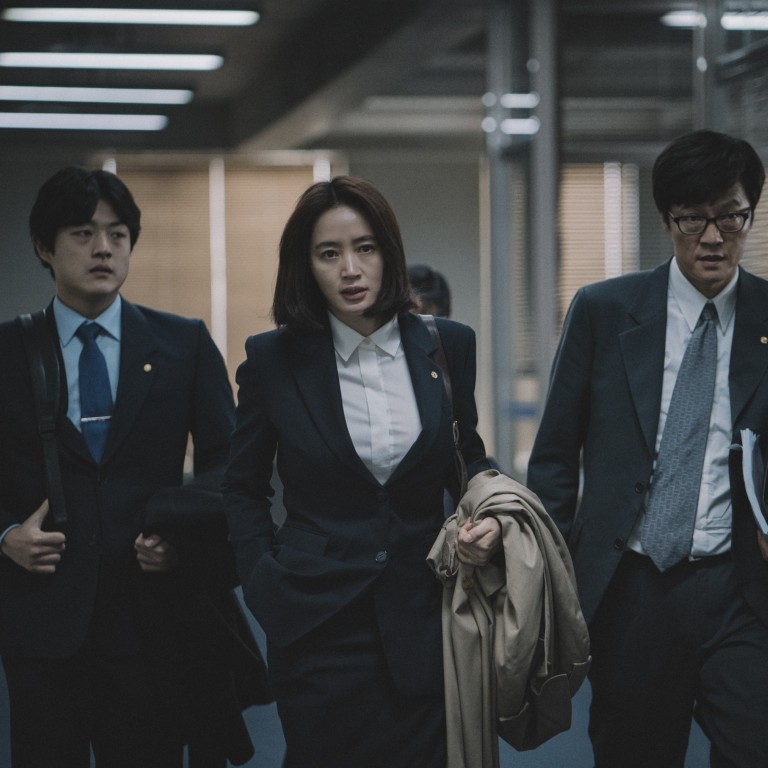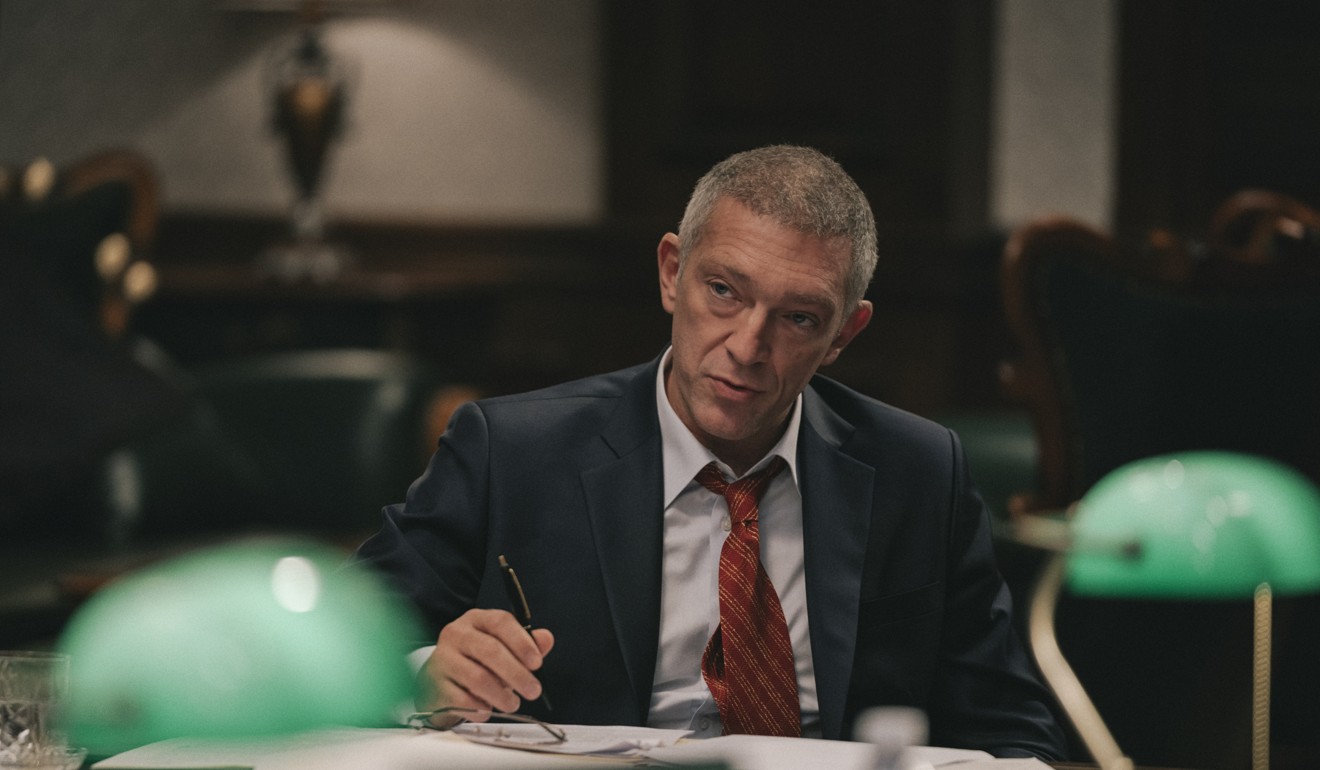
Review | Default film review: financial crisis revisited in straight South Korean take on The Big Short
- Unlike The Big Short’s satirical slant, Default plays it straight and fails to engage the audience
- Even an appearance by Vincent Cassel does little to make it more appealing
2.5/5 stars
South Korea was one of many Asian nations brought to their knees by the 1997 financial crisis: it faced imminent bankruptcy and was forced to accept a US$20 billion bailout from the International Monetary Fund.
Swing Kids review: Do Kyung-soo plays tap-dancing hero in prisoner-of-war drama
Default, the new film directed by Choi Kook-hee, retraces the run-up to its economic collapse from a number of different perspectives, from the government finance ministers right down to the small business owners who were worst affected.
Clearly inspired by Adam McKay’s The Big Short , the Oscar-nominated satire on the 2008 financial crisis, Default shies away from taking a similarly accessible approach, but does train its focus on the individual financial experts who set out to profit from the failing economy, as well as the high-level decision makers scrambling to prevent it.

Yoo Ah-in (Burning) plays Yoon, a jaded merchant banker who foresees the economic instability from falling foreign exchange holdings, and invests in US dollars just as the won is crashing. Much like Christian Bale and Steve Carell’s characters in The Big Short, Yoon at first celebrates his gains, only for his conscience to slowly take hold as he witnesses his country’s fate.
Simultaneously, Bank of Korea’s monetary policy manager Han (Kim Hye-su) must convince her superiors of the impending disaster, urging them to be transparent with the public, yet wary of the IMF deal. At every turn, Han faces resistance, not least from Jo Woo-jin’s loathsome Deputy Finance Minister, as much because of her gender as her better understanding of the situation.
Han quickly realises that the powers that be are more interested in saving face and protecting their Chaebol cronies than forewarning the general public. These include Gap-su (Heo Jun-ho), a small factory owner whose new deal with a large department store quickly evaporates when the bubble bursts.
Glass film review: M Night Shyamalan bridges Unbreakable and Split with disappointing sequel
McKay’s film acknowledged the alienating complexity of its subject matter, undercutting its inherent tediousness with irreverent humour. Default opts to play things straight, zeroing in on the high-level corruption and plight of the common man with stone-faced sincerity.
While the scenario provides Yoo, and especially Kim, ample opportunity to shine on-screen, the dense, administrative jargon fails to engage the audience. Not even the late addition of French superstar Vincent Cassel, as a slippery IMF negotiator, can provide Default with the stimulus it so desperately needs to be anything more than coldly proficient.

